|
Color experiment sketch created with code in processing. Here is a sketch I was playing with. Created with code (C++) on Processing. I created this using a tutorial so hopefully in a few weeks I will be be good enough to create original pieces myself.
By defining the characteristics (movement, attraction, gravity etc) of the elements you can set up the initial rules for behaviors which mimic observable behaviors such as flocking. These elements often take on a life of their own as they interact in ways which you could not have foreseen. http://processing.org/ After much enjoyable work with Google Sketch-up I feel like I need a more flexible and advanced design platform. Rhino 3d is an industry standard so I shall play around with it and see it its good. This defiantly seems like a more complex and rewarding program. This program is often used to design models for 3d printing. I have previously used a 3d printer for a piece in my degree show and also for an exhibition 'The Reading Room' which took place in the Crawford Gallery
Started this book last night. Jiddu Krishnamurti (May 11, 1895 – February 17, 1986) was an Indian born speaker and writer on philosophical and spiritual subjects, and was widely considered as a World Teacher. His subject matter included: psychological revolution, the nature of mind, meditation, inquiry, human relationships, and bringing about radical change in society. He constantly stressed the need for a revolution in the psyche of every human being and emphasized that such revolution cannot be brought about by any external entity, be it religious, political, or social. Books and documentary's are the main meal I have been gorging on over the last few months.
Currently reading up on Phenomenology as there are many overlapping ideas between this philosophical movement and my practice. Its tough going as the information is dense and very abstract in places but its fantastically rewarding. Phenomenology is a philosophical movement which studies the structures of subjective experience and consciousness. Started in the early 20th century by Edmund Husserl, phenomenology set out to study elements of the human experience often ignored by western science. Husserl was not apposed to science but thought its unwavering approach could not fully describe how and why we experience the world as we do. |
Richard ForrestArtist, conversational addict, Archives
May 2014
Categories
All
|

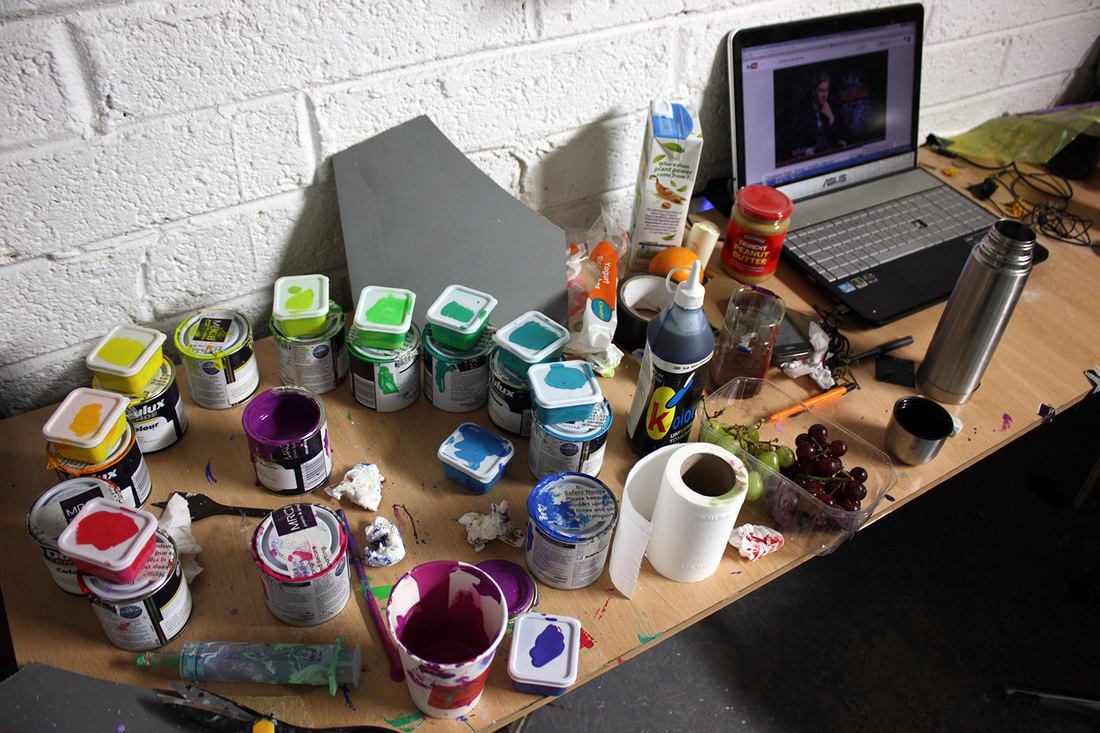
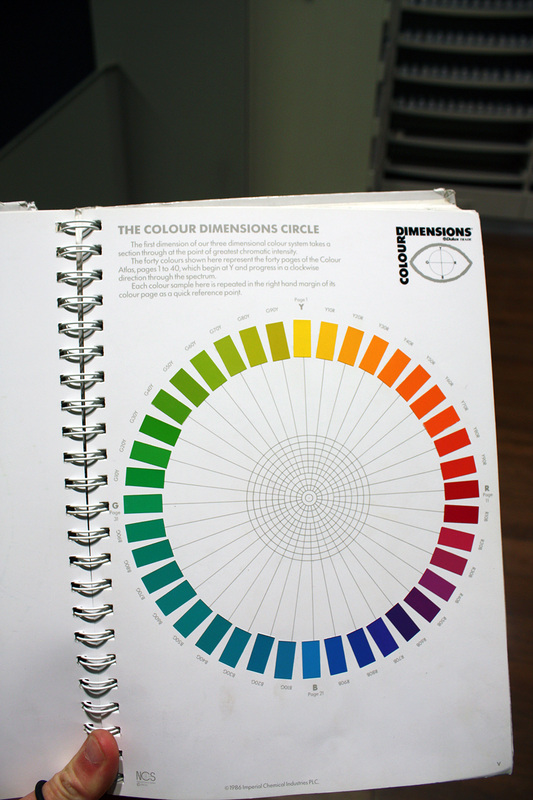
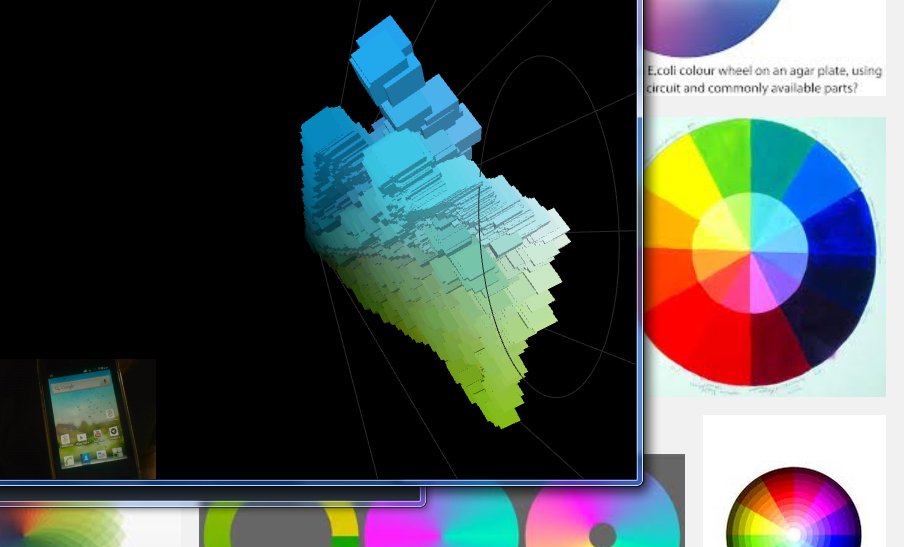

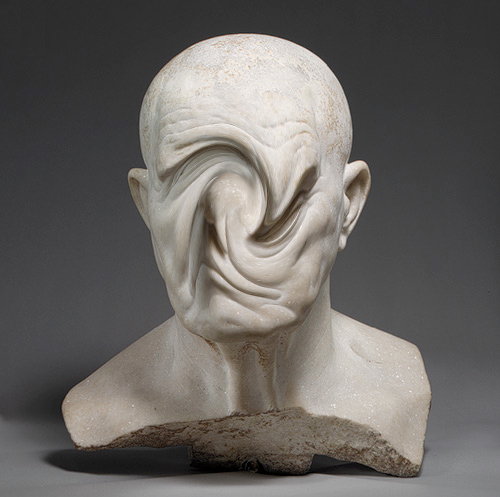

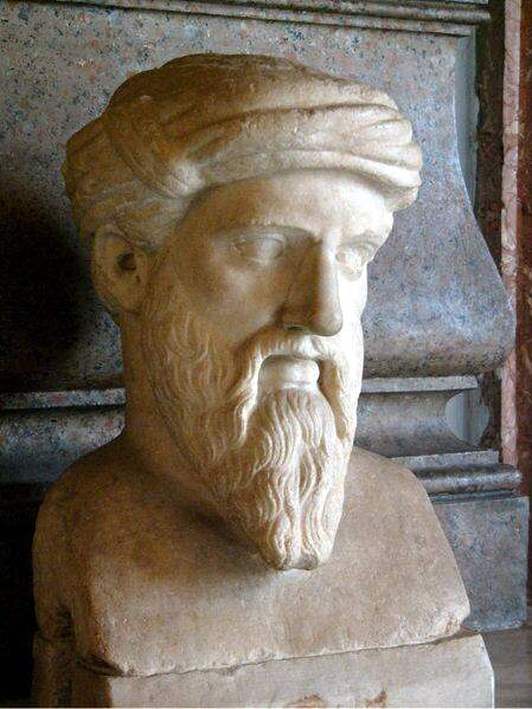

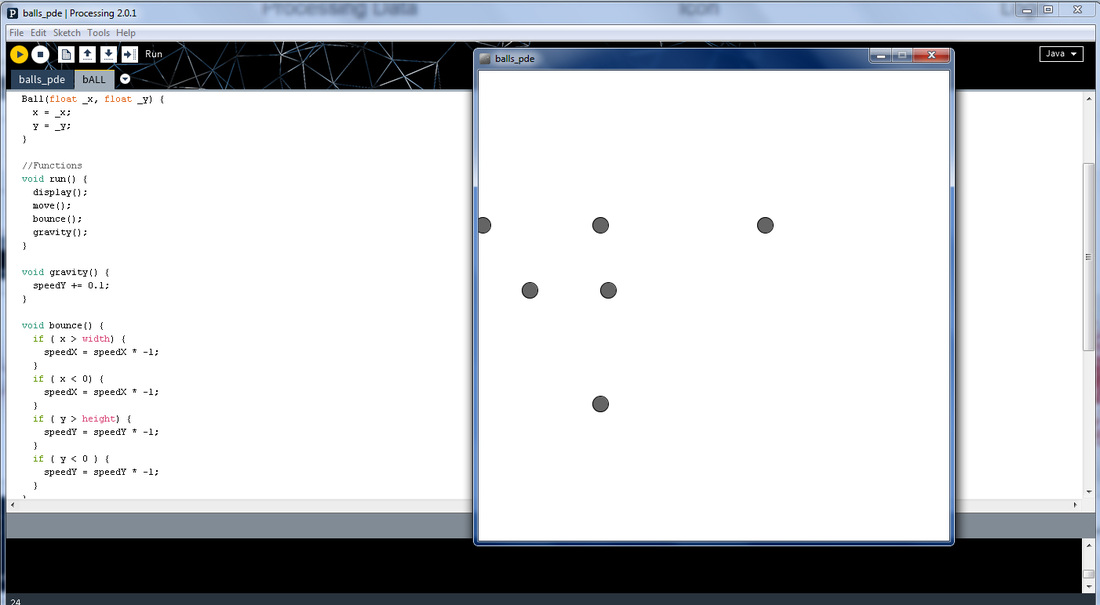
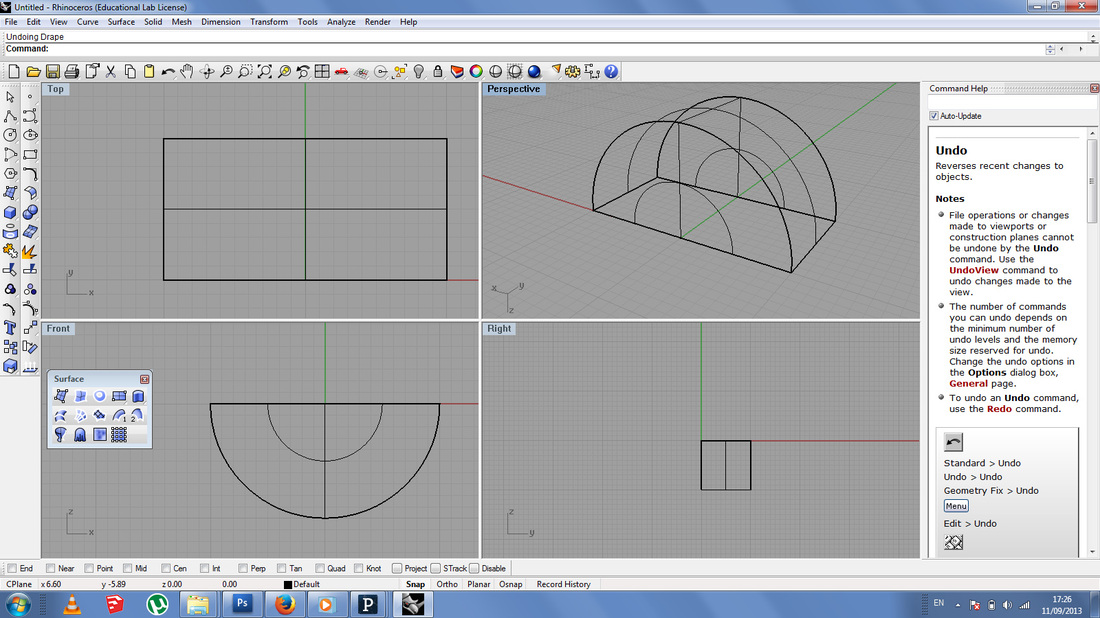
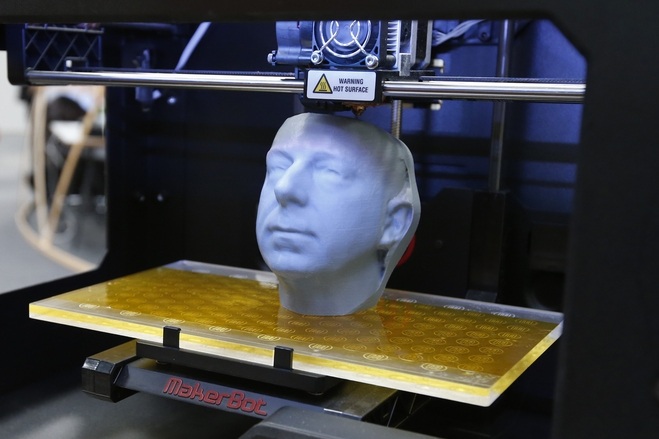
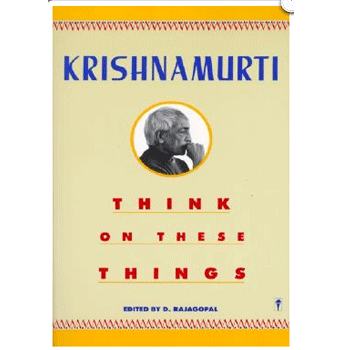
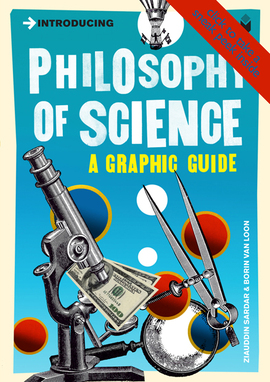

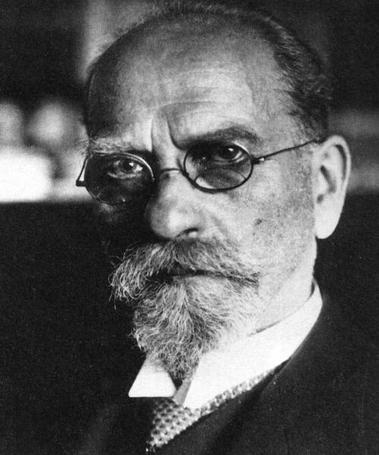

 RSS Feed
RSS Feed
